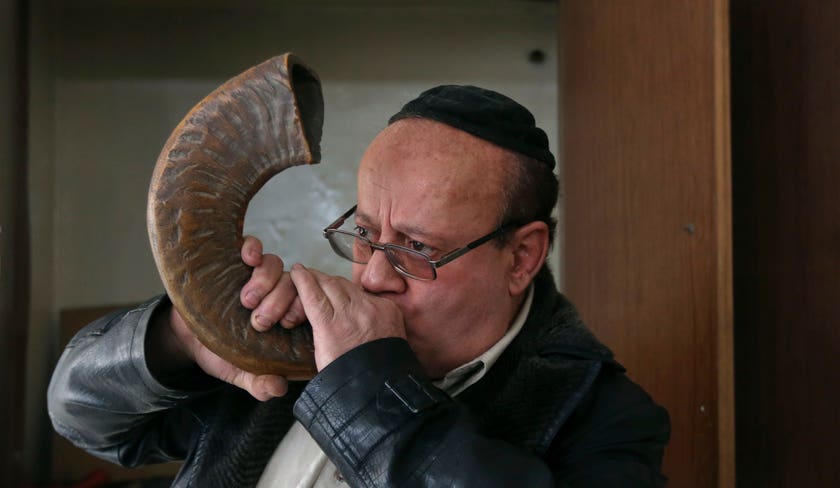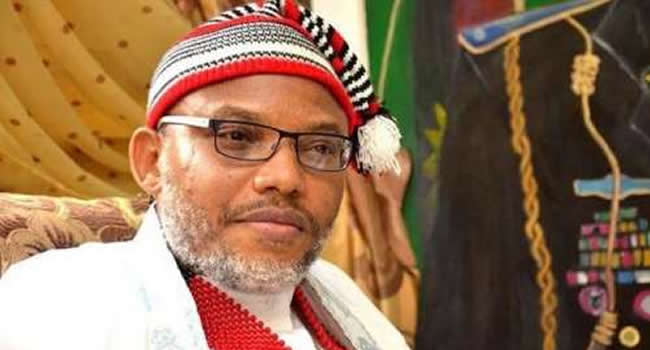TRT World
Afghanistan may be governed by a ruling council now that the Taliban has taken over, while the militant movement’s supreme leader, Haibatullah Akhundzada, would likely remain in overall charge, a senior member of the group said.
Many issues regarding how the Taliban would run Afghanistan have yet to be finalised, Hashimi explained, but Afghanistan would not be a democracy, said Waheedullah Hashimi, who has access to the group’s decision-making, added in an interview.
“There will be no democratic system at all because it does not have any base in our country,” he said. “We will not discuss what type of political system should we apply in Afghanistan because it is clear. It is sharia law and that is it.”
Hashimi said he would be joining a meeting of the Taliban leadership that would discuss issues of governance later this week.
Similar power structure to past
The power structure that Hashimi outlined would bear similarities to how Afghanistan was run the last time the Taliban were in power from 1996 to 2001.
Then, supreme leader Mullah Omar remained in the shadows and left the day-to-day running of the country to a council.
Akhundzada would likely play a role above the head of the council, who would be akin to the country’s president, Hashimi added.
“Maybe his (Akhundzada’s) deputy will play the role of ‘president’,” Hashimi said, speaking in English.
The Taliban’s supreme leader has three deput…


